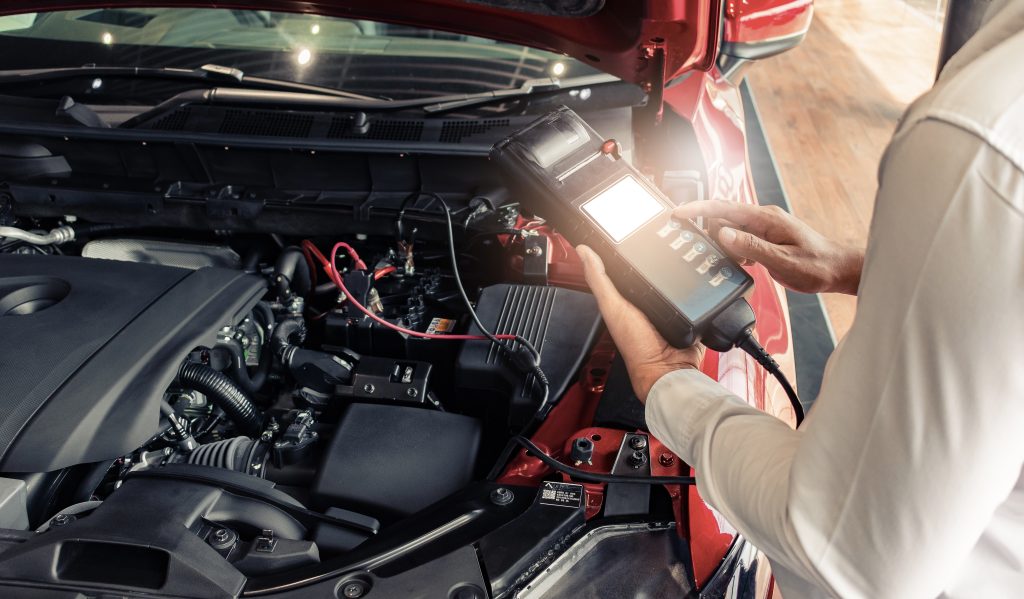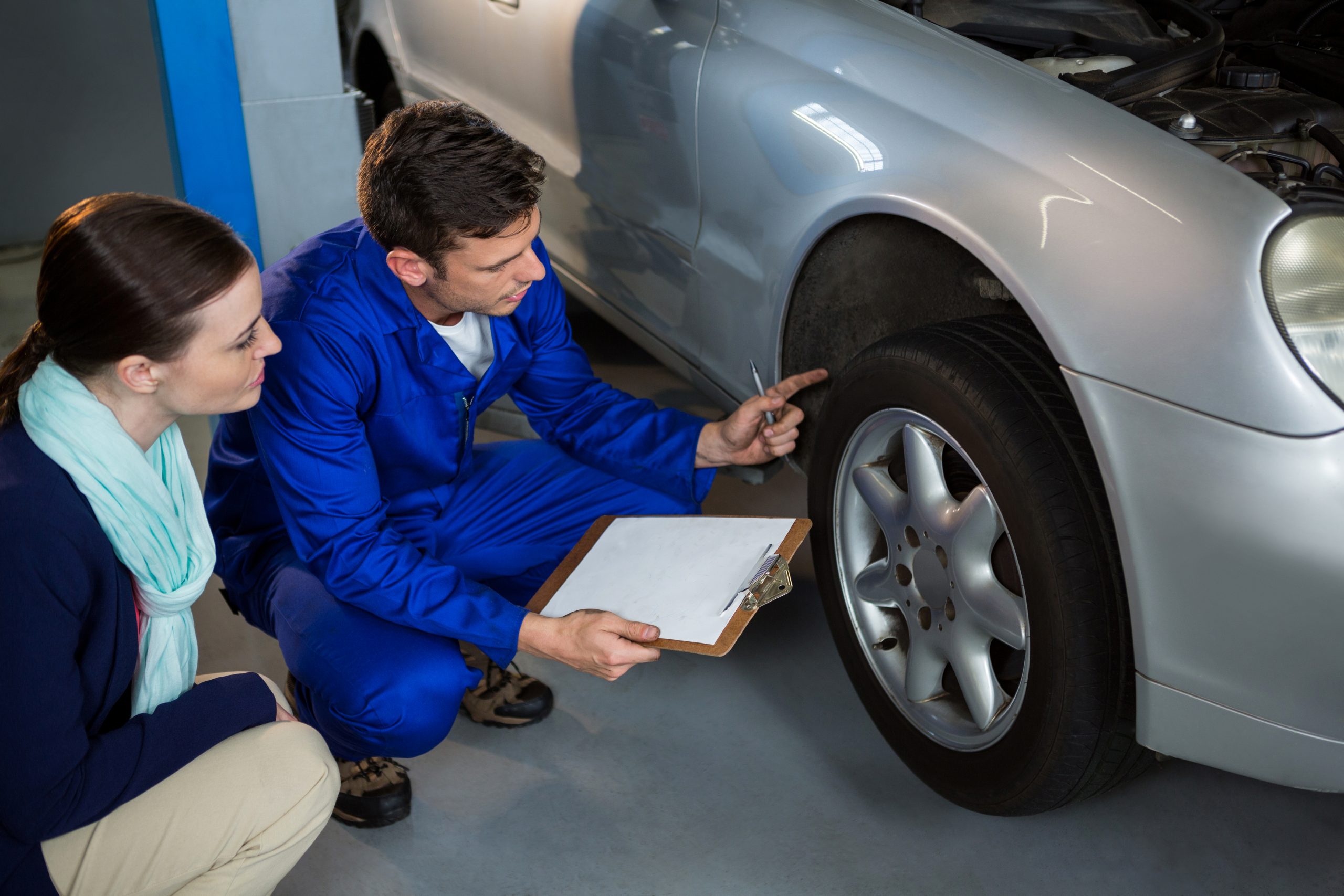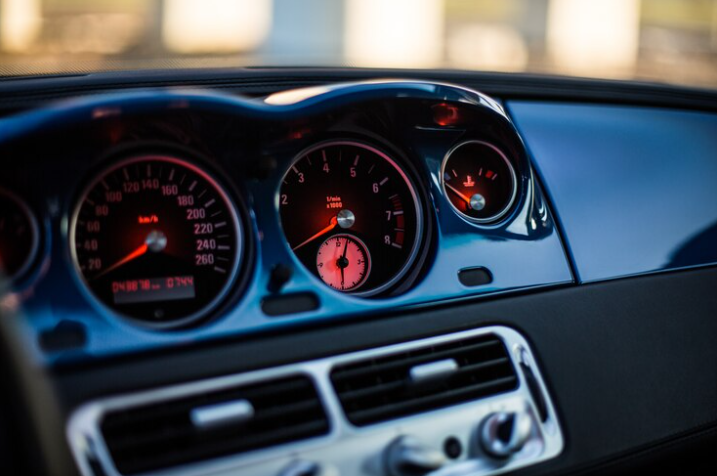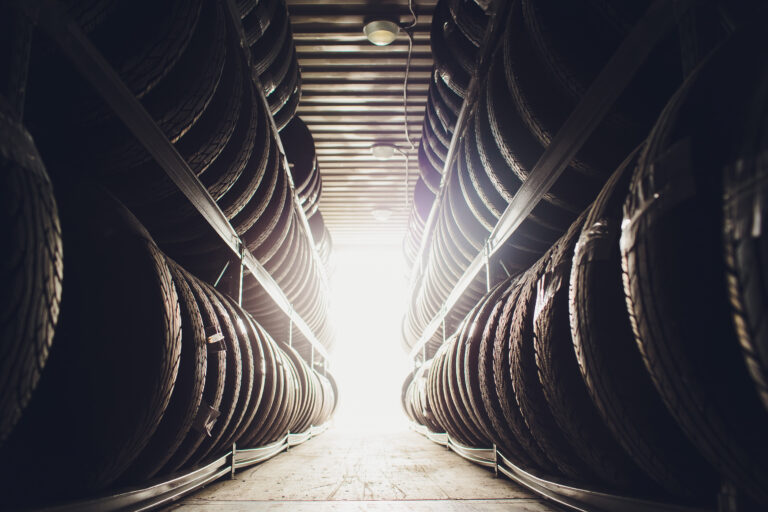If you’re a Nissan owner, seeing the check engine light flashing can be a cause for concern. However, don’t panic just yet. In this guide, we will delve into the world of “Nissan check engine light flashing.” We’ll explore the possible reasons behind this warning, provide you with expert solutions, and help you understand why addressing this issue promptly is crucial for your vehicle’s health.
Understanding Nissan Check Engine Light Flashing
Your Nissan’s check engine light serves as a vigilant guardian, constantly monitoring your vehicle’s performance. When it starts flashing, it’s trying to get your attention for a specific reason. Let’s dive into the details:

Why Is My Nissan Check Engine Light Flashing?
Your Nissan check engine light may flash for various reasons. Some of the most common causes include:
Faulty Oxygen Sensor:
A malfunctioning oxygen sensor can lead to poor fuel economy and damage to the catalytic converter.
Loose Gas Cap:
Surprisingly, a loose or damaged gas cap can trigger the check engine light.
Ignition System Issues:
Problems with spark plugs, ignition coils, or wires can cause the light to flash.
Mass Airflow Sensor Malfunction:
This sensor measures the air entering the engine, and if it’s faulty, it can affect performance.
Catalytic Converter Problems:
A failing catalytic converter can reduce your Nissan’s efficiency.

Nissan Check Engine Light Flashing: What to Do
When you notice your Nissan’s check engine light flashing, follow these steps to address the issue:
Check the Gas Cap:
Start with the simplest solution. Ensure your gas cap is securely tightened or consider replacing it if damaged.
Inspect Spark Plugs and Wires:
Spark plug issues can trigger the flashing light. Have them inspected and replaced if necessary.
Examine the Oxygen Sensor:
A faulty oxygen sensor can be replaced to improve your Nissan’s performance.
Visit a Mechanic:
If the problem persists, it’s advisable to consult a professional mechanic. They can run diagnostic tests to identify the exact issue.
Address Catalytic Converter Problems:
If your catalytic converter is at fault, it’s crucial to address this issue promptly to prevent further damage.

Nissan Check Engine: FAQs
Can I continue driving with a flashing check engine light?
Driving with a flashing check engine light is not recommended. It usually indicates a severe issue that could cause further damage to your vehicle. It’s best to have it inspected immediately.
How much does it cost to fix a flashing check engine light?
The cost of repairs can vary widely depending on the underlying issue. Simple problems like a loose gas cap may cost very little, while major engine or sensor replacements can be more expensive. It’s essential to consult a mechanic for an accurate estimate.
Will a flashing check engine light cause damage to my engine?
Continuing to drive with a flashing check engine light can potentially cause damage to your engine and other components. It’s best to address the issue promptly to prevent further problems.
Can I reset the check engine light on my own?
While you can reset the check engine light by disconnecting the battery, it won’t fix the underlying issue. It’s essential to diagnose and address the problem before resetting the light.
How often should I check my Nissan’s engine?
Regular maintenance is key to preventing issues. Check your engine as part of routine inspections and have it serviced according to your Nissan’s maintenance schedule.
Can I use aftermarket diagnostic tools to check the engine?
Yes, there are aftermarket diagnostic tools available that can help you identify the issue. However, for accurate results and proper repairs, it’s still advisable to consult a professional mechanic.
Conclusion
Your Nissan’s check engine light is a valuable tool for monitoring your vehicle’s health. When it starts flashing, it’s essential to take action promptly to avoid further damage and costly repairs. By following the steps outlined in this guide and addressing the issue with the help of a professional mechanic, you can keep your Nissan running smoothly for years to come.







